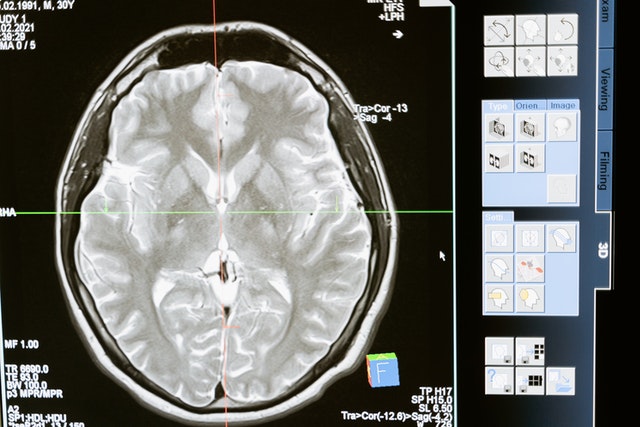Just recently, I learned about a new mental disorder I’ve never heard of. This one is called aphasia. You might’ve heard about this disease because the actor Bruce Willis announced having to retire because he was diagnosed with it. However, there’s more to learn about this condition. Aphasia is a language disorder that makes it hard to use words. It results from damage or injury to language parts of the brain.
Upon learning about this disease, it sort of reminded me of the neurological condition my aunt has. But it does have its differences. Here are a few things to learn about aphasia.

What Causes Aphasia?
This condition is usually caused by a stroke or a brain injury with damage to one or more parts of the brain. Research shows that about 25% to 40% of people who survive a stroke become diagnosed with aphasia. Some other conditions that cause aphasia include brain tumors, infection, and even dementia.
Symptoms of Aphasia
Some of the symptoms of aphasia include struggling to form words when trying to speak, usage of strange or wrong words in conversation, trouble understanding what people are saying, and speaking in short sentences or phrases. Aphasia can be mild or severe. When it is mild, a person can converse, but still struggle with finding the right words to say. When it is severe, the person can’t speak at all and is unable to participate in any conversation. My aunt, who has frontotemporal dementia, is exhibiting these similar symptoms as aphasia disorder.
Types of Aphasia
Another thing to note is that there are two types of aphasia to know about. These are nonfluent and fluent aphasia. With nonfluent aphasia, patients tend to develop a lot of effort in stringing a complete sentence together. Their speech also isn’t grammatically correct. Fluent aphasia allows you to produce speech with connected sentences. However, the sentences may lack proper meaning. Here are some types of nonfluent and fluent aphasia:
Nonfluent aphasia Fluent aphasia
- Broca’s aphasia Anomic aphasia
- Global aphasia Conduction aphasia
- Transcortical motor aphasia Transcortical sensory aphasia
Ways to Treat the Condition
A doctor may prescribe certain treatments to patients depending on the state of the brain damage. They also may factor in the patient’s age, cause of the injury, and type of aphasia. If a person’s brain damage is mild, they typically could recover language skills without treatment. However, if the damage becomes severe, other treatments might be more effective. Certain drugs are currently being studied for the treatment of aphasia. However, some medications such as memantine (Namenda) and piracetam have shown potential in previous studies.
Other forms of treatment include speech and language rehabilitation and possibly brain stimulation. The latter is currently being studied and may improve the ability of the patient to name things.
There are quite a bit of mental disorders out there. If we have a loved one dealing with any of them, we must keep ourselves informed and educated. For more information about aphasia disorder, visit www.webmd.com. If you have any questions or comments about this condition or any other related mental disorder, feel free to share them in the section below. As always, like or share this post with the next person you care about.

